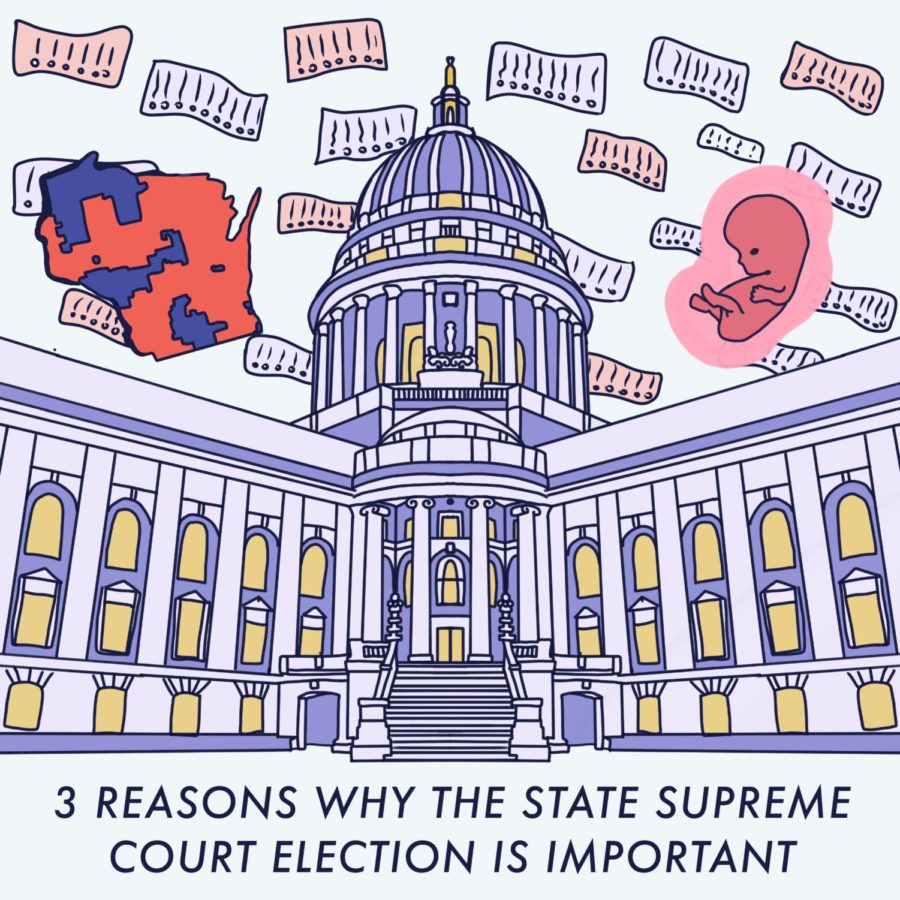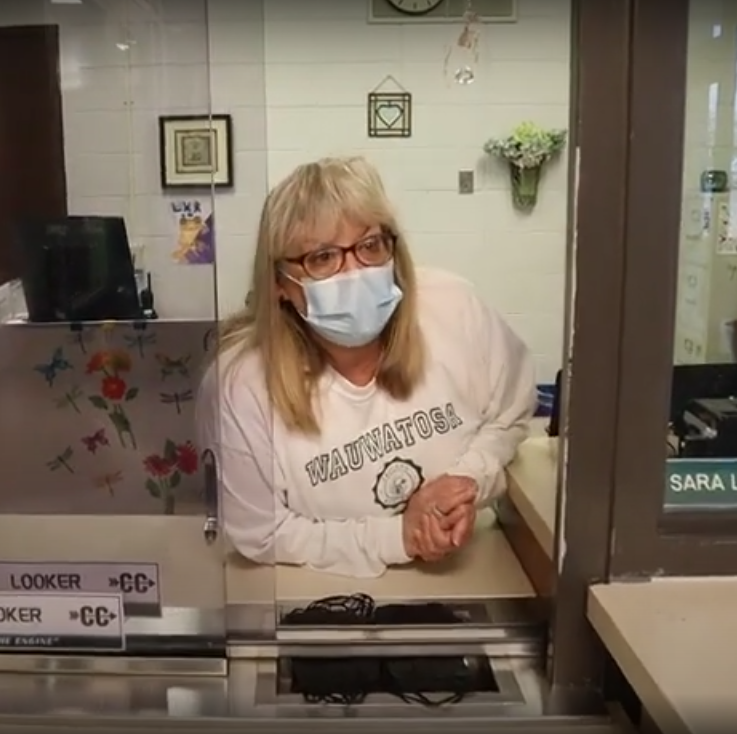John Meute was only forty four when he was diagnosed with pancreatic cancer. “I had been in pain for quite some time,” says Muete, now 45, “a tumor had collapsed the main bile duct of my pancreas”. Obese for much of his life, Muete was the classic victim of this deadly disease. Studies by the American Cancer Society show excess body fat can increase risk of pancreatic cancer as much as 33%. Smoking is also a proven risk factor, nearly doubling the likelihood of tumor occurrence. Now, a new study might add a new cancer cause to this list: soda.
The study, by the University of Minnesota, found that people who drink more than two sodas a week increase their risk of pancreatic cancer by 87%. Following 60,524 Singaporean men and women, the study began in 1993 and lasted 14 years. Out of all the participants, only 140 developed pancreatic cancer. 30 people in this group drank two or more sodas a week. Researchers adjusted for such factors as diet, smoking, age, and obesity. No link was found between pancreatic cancer and juice consumption.
Many dietary experts warned against jumping to conclusions from this study. “We generally go through many studies to establish a cause-and-effect relationship,” cautioned Kara Sonntag, a registered dietitian at Froedert medical center. “This study stands alone”. The American Beverage Association also dissented, rejecting the findings as unsupported and unfounded in an official statement. “The fact remains that soft drinks do not cause cancer, nor do any authoritative bodies, such as NCI (National Cancer Institute), name soft drinks as a risk factor for pancreatic cancer,” the statement read. “You can be a healthy person and enjoy soft drinks.”
About 29,000 people are diagnosed with pancreatic cancer each year in the U.S. It is the fourth deadliest cancer, with a five year survival rate of 4.6%. The pancreas is located deep within the body, so malignant tumors are not normally found until they have metastasized (spread throughout the body). Such cases are usually inoperable, and lead to a swift and painful death. In his case, John Meute got lucky-the collapse of his bile duct revealed the cancer before it had spread too far.
The pancreas’s main job is to produce insulin and other hormones, which help regulate blood sugars and aid in digestion. Consuming large quantities of sugary drinks and foods can damage the pancreas, leading to diabetes and other diseases. Sugar may also increase insulin production in the body, which researchers believe contributes to cancer cell growth. Muete knows the evils of sugar only too well. “Sugar is the enemy. I was always a sugar guy, and that really hurt my body. The scary thing is, I still have a sugar problem-it’s so addictive”. The pancreas isn’t the only thing affected by sugar, however. It is also the cause of one of the leading problems in the U.S. today–obesity.
Over 34% of the U.S. population is obese. “It’s an epidemic, really,” said Sonntag. “More people fall victim every day”. Though there might not be a clear link between soda and pancreatic cancer, there is definitely a link between soda and obesity. A UCLA study found that adults who drank a soda a day were 27% more likely to be obese. “It’s pretty obvious that soda isn’t good for you,” says Sonntag. Obesity can lead to gout, sleep apnea, arthritis, diabetes, and heart disease. Leading a healthy, soda-free lifestyle can lower the risk of all these diseases. Unfortunately, it isn’t always easy to quit. Soda is everywhere, and easily accessible to teens, the people who generally care the least about their health. A West ninth-grader, Austin Jones, personified the problem: “I brought a dollar for soda today-what am I supposed to do?” he said. Soda is what teens know and love–what they have grown up drinking. It isn’t easy to change, though there are some alternatives to sugary soft drinks. Chad Mateske, a social studies teacher at West, offered his own solution when confronted with the study. “I guess I should start drinking Crystal Lite,” he replied.








